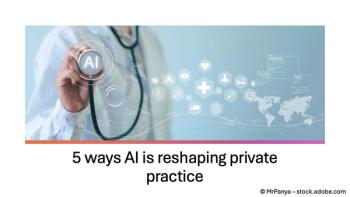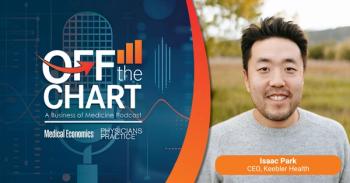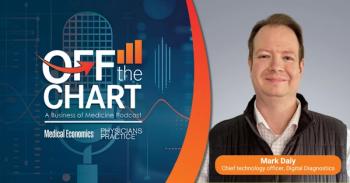
Electronic Access to Physicians is Good; Fragmentation is Bad
Providing 24/7 electronic access to primary care through telemedicine is creative, but it has challenges.
One thing that separates Americans from much of the rest of the world is that we find ways to make things work when others simply accept their fate.
A good example is that while the ACA accelerates the primary-care physician shortage, private enterprise responds with the software tools to enable healthcare providers to respond with 24/7 electronic access to primary care for everyday minor ailments to partially blunt its impact. Everyone makes a buck in the process. What a country.
The devil is, of course, in the implementation. Cede the initiative to standalone providers like walk-in retail clinics bypassing coordination with established primary care, and the continuity of care is broken, creating a longer-term concern.
That’s where insurers, public and private, need to step up and protect their interests. Episodic events, regardless of how minor, can signal changes in chronic conditions that can have much more serious consequences. The fragmentation of care carries the risk of treating symptoms instead of conditions. That practice has been a major contributor to the failure to properly manage the epidemic of chronic diseases we now face and has led to concepts like integrated delivery, care coordination, patient-centered medical homes, and accountable care organizations. New models of healthcare delivery must contribute to integration and better coordinated care with the informed patient in the center of the decision making process.
We believe that it is critically important to provide this service in a clinically integrated fashion with the patent's attributed primary-care practice so as not to perpetuate the fragmentation of health care delivery. That is where networked primary care practices, which make the best use of an electronic chronic disease registry and portable electronic health records, are essential. The problem with many of these new models of primary care, be it telemedicine or retail clinics, is that they are being set up as separate competitive entities, rather than being integrated into one seamless collaborative system of care.
That potential pitfall aside, however, and there is a lot to like about using the proliferation of smartphones, e-mail, texting, and cameras to handle these issues without clogging physicians’ offices and schedules:
• Employers would love it because people would not have to miss work,
• Patients would love it for convenience,
• Physicians would love it because they will not be bothered by nuisances or in emergencies,
• Networked physicians would love it because the profits from its operations could be funneled back to them. The cost reductions from reduced ER visits, and ultimately hospitalizations, would drive increased revenues to the primary-care physicians in gain-sharing or risk assumed models,
• Health plans would love it because they could provide their members with 24/7 access to inexpensive primary care.
But, one’s gain is usually someone else’s loss. Specifically:
• Non-integrated Retail clinics
• Specialists who might lose a view visits
• Hospital emergency rooms
• Hospital occupancy
• Primary-care doctors who are not networked might see this as lost fee-for-service revenue (they are losers already if they buck the trend).
• Patients who resist change and want to see their doctor when a less-costly alternative would suffice.
The critical concept is to collaborate to build a better healthcare system, rather than create competitive models of primary-care provision that will commoditize the profession and derail the entire health-care system’s best hope - effectively coordinated care.
This is not the future. It is here and now, but it still takes vision to get it right.
Dr. Bonvicino is a former regional medical director at the Garden State Medical Group and former senior medical director of Horizon Healthcare Innovations and Blue Cross/Blue Shield of New Jersey.
Newsletter
Optimize your practice with the Physicians Practice newsletter, offering management pearls, leadership tips, and business strategies tailored for practice administrators and physicians of any specialty.








